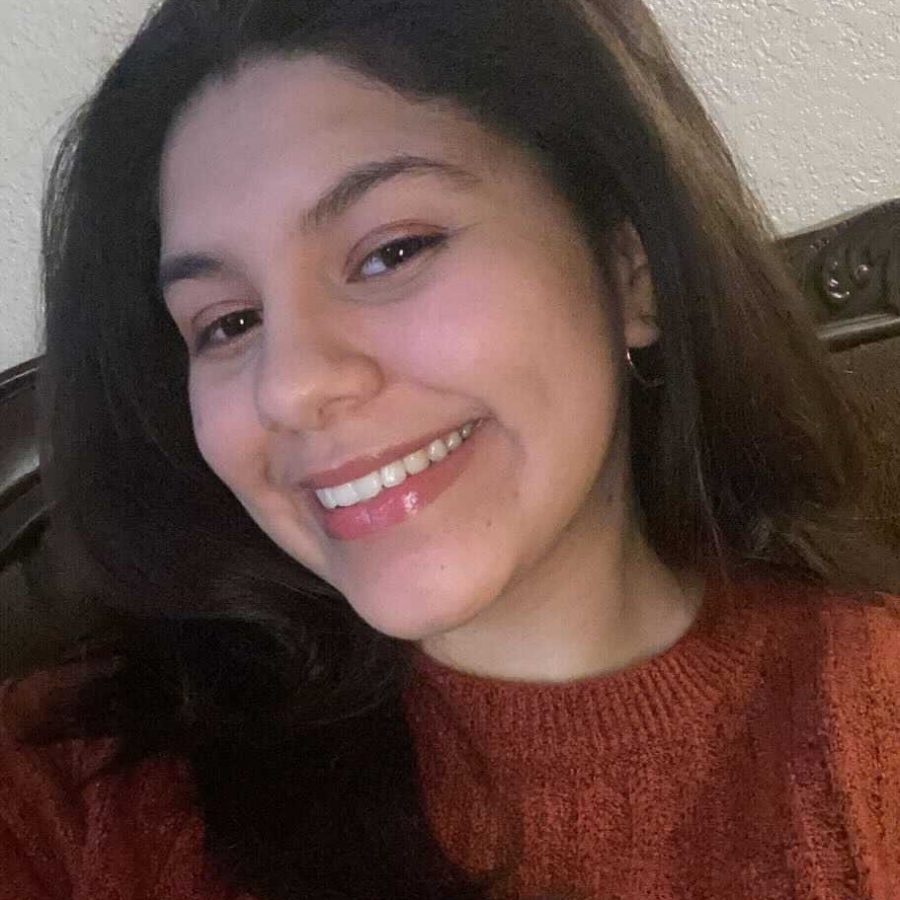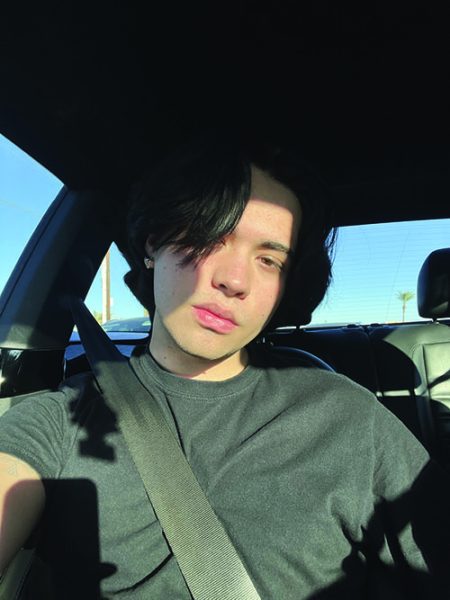Diversifying the Film Industry
March 17, 2021
The film industry has been very slow when it comes to diversifying films. Over the years, we have seen more black, indigenous people of color (BIPOC) be cast in for movies in Hollywood, but it is not enough.
Representation behind the scenes is just as crucial as getting on-screen representation.
BIPOC getting cast in films and television is always amazing to see. Still, when it comes down to the characters and roles they portray, they usually are typecast as stereotypes.
BIPOC should get roles where they are not stereotyped or just added to make a film seem diverse; I usually notice this when the film is being directed by someone who is not a BIPOC. They may not want their film to come off as offensive, but it is sometimes inevitable.
There are very few films that I have seen where a non BIPOC director or writer does not make these characters stereotypical.
Not only should there be diversity in the various roles of characters we see, but there needs to be diversity behind the scenes as well. Diversifying the film industry as a whole is long overdue.
With not just BIPOC but also women, members of the LGBTQA+ community having a role in the filmmaking process are essential.
Some characters are supposedly written to have similar experiences as people from these groups. Said characters are just written as harmful stereotypes by people who have not experienced what BIPOC and other groups have.
Having more women, BIPOC, and members of the LGBTQA+ community to be involved with the directing and writing process of filmmaking could tell real stories about real experiences, racial issues, women issues, coming out stories, and not the stereotypical stories about these topics.
When people direct or write films on important issues that are not a part of these groups, it usually gets a negative review from viewers who are either BIPOC, a woman, a part of the LGBTQA+ community, or all of the above. I am one of those people who have disliked a film because of how non-BIPOC told a story of specific issues.
I think another issue about the lack of diversity behind the scenes is that some films romanticize serious topics that could be triggering or harmful for BIPOC; “Pocahontas,” for example, romanticizes a young girl whose people was colonized falling in love with the colonizer.
I believe that involving and hiring more BIPOC, women, and LGBTQA+ people to be in all aspects of a films’ production. When we see movies with the proper directors, writers, casting, etc., we get films that have fantastic representation in them; of course, due to the lack of diverse film crews, we have very few movies with great representation.
I have seen far too many films where I get excited to see more women, BIPOC, or LGBTQA+ get cast and be behind the scenes. I cherish them because there are very few where one’s story is told correctly.
In general, Hollywood, production studios, and the film industry need to diversify their actors and not just add one or two BIPOC in the mix to appear color. They need to do more and take several leaps forward and get with the time.
The film industry needs to diversify the writers, directors, and actors they hire because it is long overdue.








